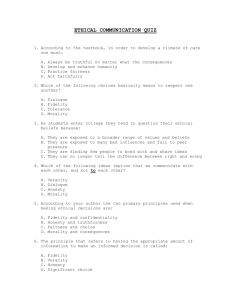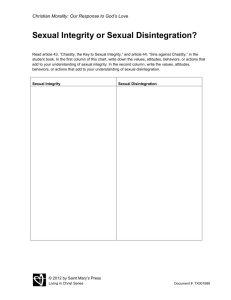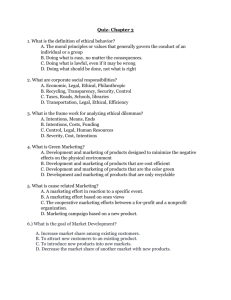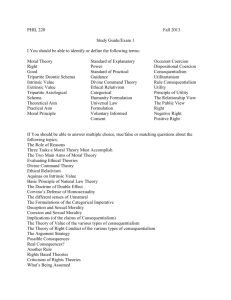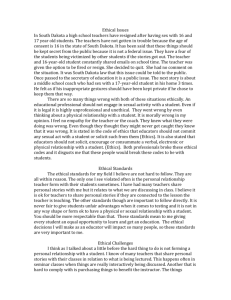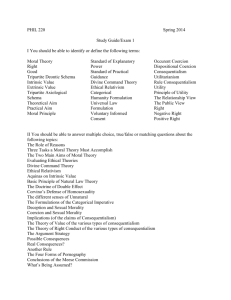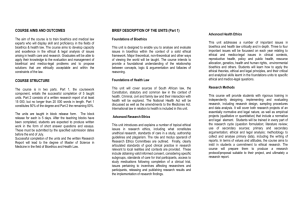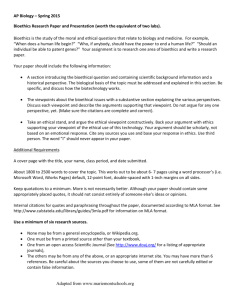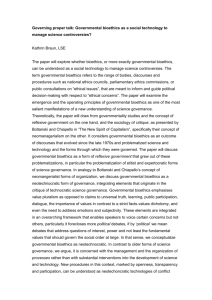The contribution of religion to individuals
advertisement
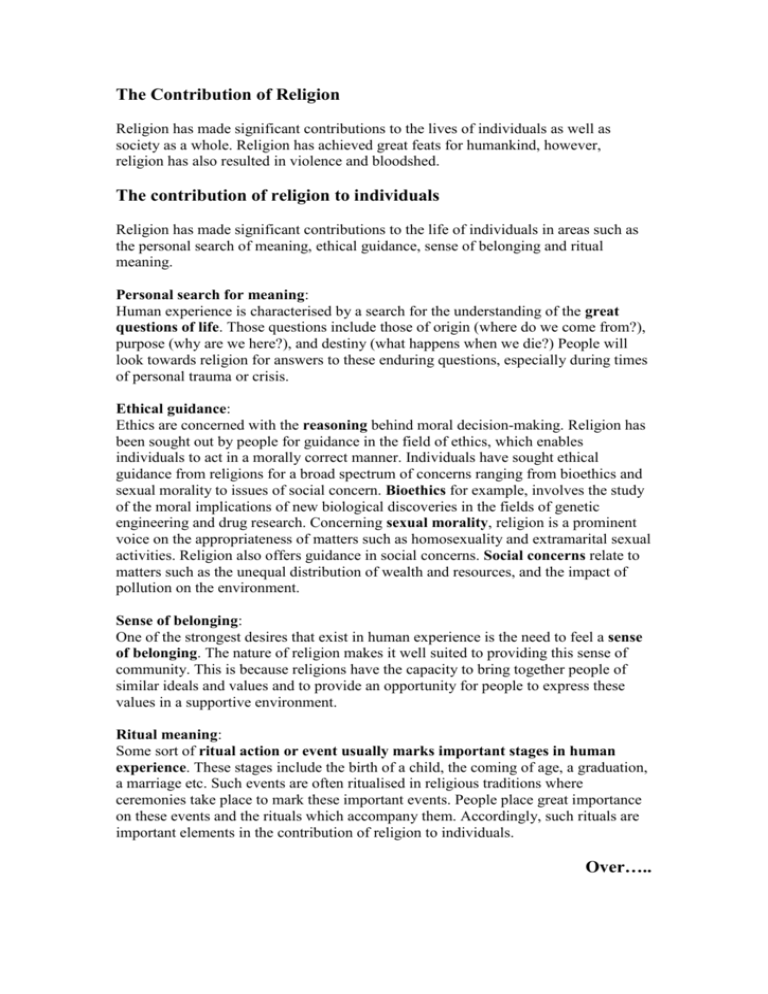
The Contribution of Religion Religion has made significant contributions to the lives of individuals as well as society as a whole. Religion has achieved great feats for humankind, however, religion has also resulted in violence and bloodshed. The contribution of religion to individuals Religion has made significant contributions to the life of individuals in areas such as the personal search of meaning, ethical guidance, sense of belonging and ritual meaning. Personal search for meaning: Human experience is characterised by a search for the understanding of the great questions of life. Those questions include those of origin (where do we come from?), purpose (why are we here?), and destiny (what happens when we die?) People will look towards religion for answers to these enduring questions, especially during times of personal trauma or crisis. Ethical guidance: Ethics are concerned with the reasoning behind moral decision-making. Religion has been sought out by people for guidance in the field of ethics, which enables individuals to act in a morally correct manner. Individuals have sought ethical guidance from religions for a broad spectrum of concerns ranging from bioethics and sexual morality to issues of social concern. Bioethics for example, involves the study of the moral implications of new biological discoveries in the fields of genetic engineering and drug research. Concerning sexual morality, religion is a prominent voice on the appropriateness of matters such as homosexuality and extramarital sexual activities. Religion also offers guidance in social concerns. Social concerns relate to matters such as the unequal distribution of wealth and resources, and the impact of pollution on the environment. Sense of belonging: One of the strongest desires that exist in human experience is the need to feel a sense of belonging. The nature of religion makes it well suited to providing this sense of community. This is because religions have the capacity to bring together people of similar ideals and values and to provide an opportunity for people to express these values in a supportive environment. Ritual meaning: Some sort of ritual action or event usually marks important stages in human experience. These stages include the birth of a child, the coming of age, a graduation, a marriage etc. Such events are often ritualised in religious traditions where ceremonies take place to mark these important events. People place great importance on these events and the rituals which accompany them. Accordingly, such rituals are important elements in the contribution of religion to individuals. Over….. The contribution of religion to society Interaction between culture and religion There is a close reciprocal relationship between the areas of religion and culture. Religion is profoundly influenced by its cultural context because religion cannot be expressed other than through a particular cultural setting and context. For example, the fact that Theravadan Sangha in Thailand, do not allow women to become abbesses is a reflection of how men have been culturally conditioned to accept restricted roles for women in this form of Buddhism. Conversely, religion has a strong formative influence on culture given the dynamic ever changing nature of culture. Religion as a conservative influence on society Religion is most often seen to exert a conservative influence on society in areas regarding sexual morality and bioethics. The recent contributions of religious groups to social debates on issues ranging from stem cell research to euthanasia and homosexual relationships is evidence of this conservatism. Religion is often seen to be quite clearly trying to prevent society from moving away from traditional values. Religion as a progressive influence on society Religion can also act as a progressive influence on society. Religion, with its emphasis on human dignity, can be readily seen as proactive in areas such as the advocacy of refugee and Indigenous rights, protection of the environment, and opposition to military action. This is because religion has sought to instil a sense of justice in prominent social debates as a way of attempting to change community views to embrace a new approach.
